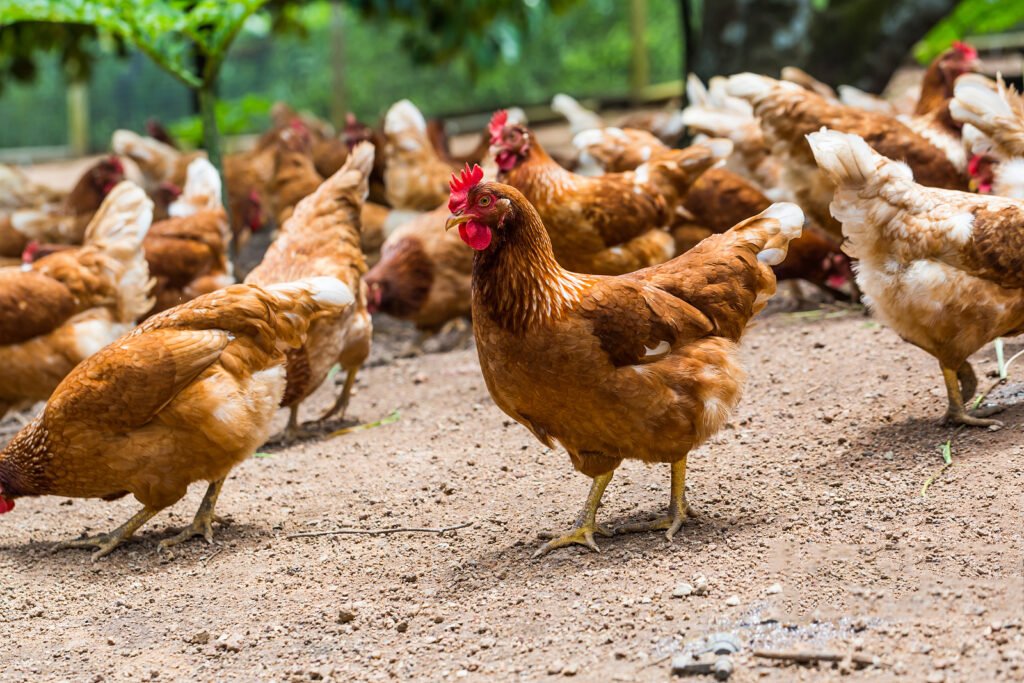Globally, the poultry industry is one of the most advanced livestock industries. Feed accounts for the largest proportion of production costs (65-70%). Most of the feed ingredients in Malaysia are imported, which results in high annual food costs, and alternative feed formulations may help to reduce the cost of poultry feed. One way to improve feed formulation to effectively meet the dietary requirements of broilers is to reduce the level of crude protein in the diet while supplementing it with essential amino acids. In this study the effect of supplementing the low crude protein diets with the 2 most restricted amino acids in chicken diets, methionine and lysine, and their effect on immune genes such as MUC2, SLC, studied GAL6 and LEAP-2. A total of 300 Cobb500 broilers were tested with 10 different diet treatments. The experimental treatment diets consisted of diets with high, standard and low levels of methionine and lysine and reduced crude protein. The control group consisted of the standard levels of lysine, methionine and crude protein recommended for Cobb500 broilers. Ribonucleic acid was extracted from the jejunum, spleen and liver for gene expression analysis and real-time polymerase chain reaction was performed using SYBR Green chemistry. Results of 6-week growth performance showed that feed conversion increased when lysine was increased by 0.2% to 1.96 ± 0.11 in the low crude protein diet. Gene expression of the MUC2 gene in the jejunum was significantly increased in all experimental diets, with a maximum 3.8-fold increase in the low crude protein diet treated with higher lysine compared to the control diet. Other genes expressed in the spleen and liver were mostly down-regulated. It was concluded that supplementing high lysine with standard methionine in low crude protein diets performed better in terms of minimum feed conversion and high up-regulation of the MUC2 gene.


